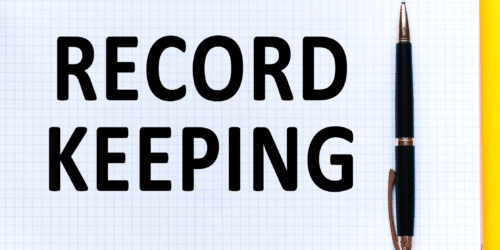A parenting plan is a written document that parents prepare to outline how they will raise their children after a separation. If you are a parent who is going through a separation or divorce, you may have many questions about how to raise your children with your former partner. One of the most important things you can do is to create a parenting plan.
Child-Focused Parenting Plan
Just like parents, children may also be grieving the loss of their family as they knew it. Children can feel grief when their parents separate. They may also be struggling with the changes to their daily routines and have fears of the unknown. The key to any successful co-parenting relationship is to focus on what is best for the children. If the co-parenting relationship is strained, it might be difficult to put aside the conflict and truly focus on what is best for the children. Both parents need to work on separating their feelings about the other parent from their feelings about their children.
The focus of the discussions should be on what the children need, what is practical and reasonable, and what is best for the children. A parenting plan that prioritizes the children’s needs will help to reduce the uncertainty and stress that children may experience when their parents separate. By having a clear and consistent plan, children can feel more secure and stable in their new situation. By considering the children’s needs, preferences, and interests, parents can ensure that their children receive the care and support they need to thrive.
Before making decisions about parenting arrangements, it is important that the parents try to understand their children’s thoughts and feelings about what is happening. The weight given to your children’s views and preferences will depend on your children’s age and level of maturity. You can ask professionals like counselors, mediators, or social workers for guidance and advice on how to speak to your children about their views and preferences. Your children’s views can also be obtained through a Voice of the Child Report or a parenting assessment. It’s important not to put pressure on the children to decide which parent they want to live with. Instead, it’s best to speak to a child about how things are changing, what is important to them, and whether they have any thoughts about the arrangement that their parents are making for them.
Parenting Plan Checklist
There are many people that can help you prepare a parenting plan. Family law mediators and counselors will often work with parents to develop a customized parenting plan based on the family’s needs. When making a parenting plan, the following topics will generally be covered:
- How will we communicate (method of communication and frequency)?
- How will important decisions, such as health, religion, and education, be made?
- How will emergency decisions be made?
- Where will the children live and how much time will the children spend with each parent?
- How will we separate special events and holidays?
- How will decisions about extracurricular activities be made?
- How will you deal with a parent relocating?
- How will new partners be introduced to the children?
- How will the children be transported to and from school and activities?
- What type of travel information will be shared with the other parent before a trip?
- How will you settle any differences of opinion? Will you agree to use a mediator if needed?
- How will you make changes to the parenting plan?
Before you sign a parenting plan, it is recommended that you consult with a family law lawyer to ensure that you understand your legal rights and responsibilities. You should also review your parenting plan regularly and update it as needed to reflect your children’s changing needs and circumstances.
A Note on Family Violence
It is important to take family violence into account when making parenting arrangements. If there has been family violence, speak to a family law professional to determine what, if any, type of co-parenting arrangement is appropriate.
This blog post was written by a former member of the Family Law team. For further information, please email family@mannlawyers.com.








